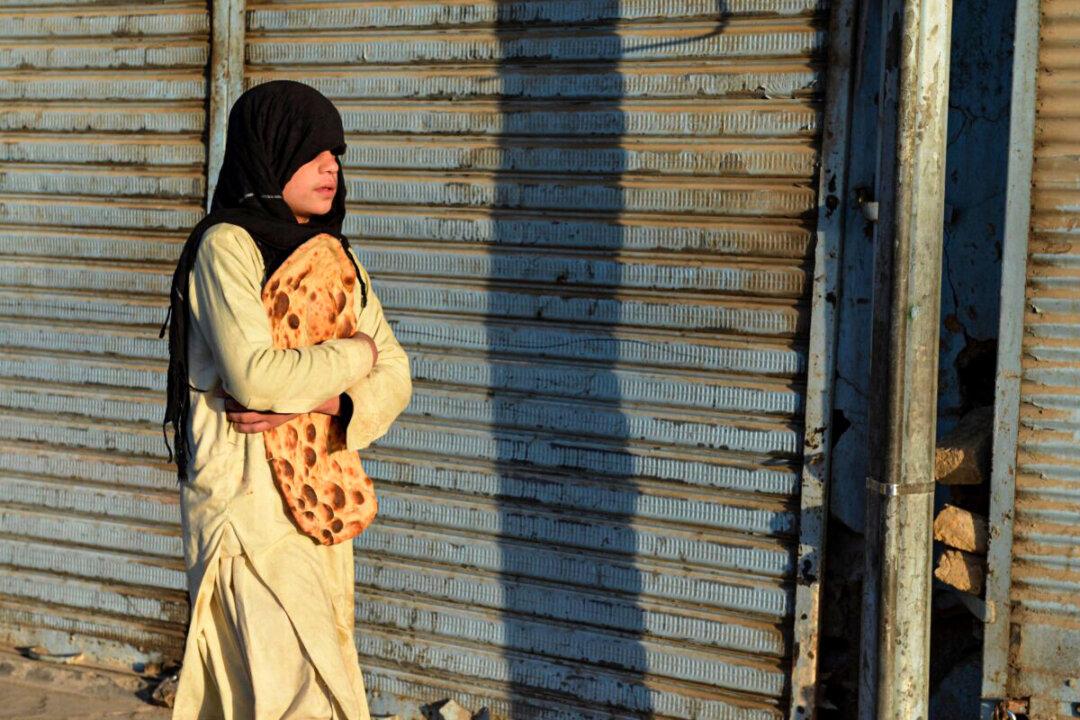NEW DELHI—Already stressed by continuous drought and conflict, 24 million Afghanis are in need of humanitarian assistance following the Taliban’s takeover of the country, according to the U.N. refugee agency.
The 24 million in need, up from 18 million before the Aug. 15 takeover, account for more than half of the nation’s total population of 40 million.





